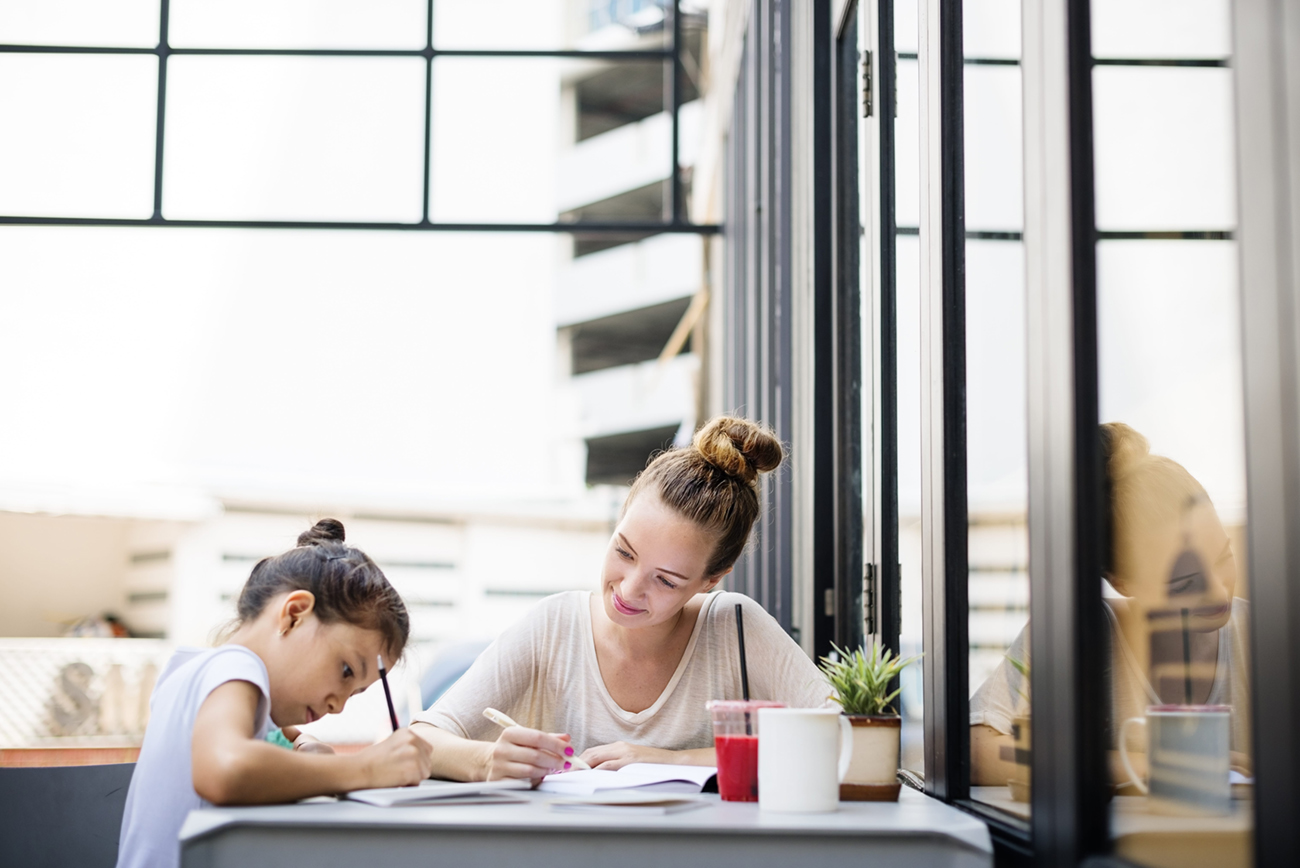The teacher-student relationship has always been included in the list of relationships that contribute to the psycho-emotional growth of the child. It is definitely not restricted to the transmission of knowledge since it shapes the child’s personality. The teacher is the one who can boost internal motivation and make a person feel important inside and outside the classroom. On the other hand, a bad teacher-student relationship may have disastrous results in the person’s future attitude towards the learning process. This, in accordance to school failure may lead to total withdrawal. Considering that a child’s self-worth is shaped by school successes/failures, we can understand how painful it is for a child to feel worthless in a classroom. This can be reached by poor previous knowledge, bad learning experiences, learning difficulties, unsupportive parents and/or poor self-esteem. It is the teacher’s role to reconstruct the whole situation and build strong foundations for the creation of a new teacher-student relationship that is based on trust, acceptance, protection and academic as well as psychological support.
By Dr Theodora Papadopoulou Chamouza, Doctor of Psychology, Neurolinguist
A great number of research has been contacted on children’s relationships and their psychological needs. Davis (2003) found that teachers’ positive relationships with students tended to be associated with a variety of desired student outcomes such as fewer behavior problems, classroom achievement, concept development, competence with peers, frustration tolerance, and academic and social skills. This type of relationship is built when the teacher is supportive, shows tolerance in difficult situations and is optimistic. However, poor student–teacher relationships, were proved to be associated with child behavior problems as well as with learning and retention problems. According to Shin and Kim (2008), the level of teachers’ reports of their closeness to and conflict with students was associated with children’s behavior in school, and the level of children’s aggression or withdrawal. Wentzel (2002) underlined that young adolescents’ perception of their teachers’ nurturance was significantly associated with the youths’ prosocial behavior (school conduct) and academic grades. Reddy, Rhodes, and Mulhall (2003), found that the psychological adjustment of young adolescents was associated with the students’ perceptions of teachers’ social and emotional support.
{loadmodule mod_random_image,call to action subscribe in articles}
The teacher-student relationship is definitely therapeutic since the child projects his/her emotional needs every time he enters the classroom. A teacher who recognizes these needs and tries to meet them is a successful one since knowledge is boosted through the emotional channel. The child expects the teacher to embrace his/her weaknesses and provide acceptance, support and understanding. If these needs are not met, the child becomes angry and indifferent towards learning.
Bear in mind that it is trust that gives a person wigs to fly.
It is acceptance that motivates the soul and triggers the mind.
It is the taste of this loving relationship that makes the person want to learn for life.
References
Davis, H. A. (2003). Conceptualizing the role and influence of student-teacher relationships on children’s social and cognitive development. Educational Psychologist, 38, 207-234.
Reddy, R., Rhodes, J., & Mulhall, P. (2003).The influence of teacher support on student adjustment in the middle school years: A latent growth curve study. Development and Psychopathology, 15, 119-138
Shin, Y., & Kim, H. Y. (2008). Peer victimization in Korean preschool children: The effect of child characteristics, parenting behaviours and teacher–child relationships. School Psychology International, 29, 590-605.
Wentzel, K. R. (2002). Are effective teachers like good parents? Teaching styles and student adjustment in early adolescence. Child Development, 73, 287-301.
